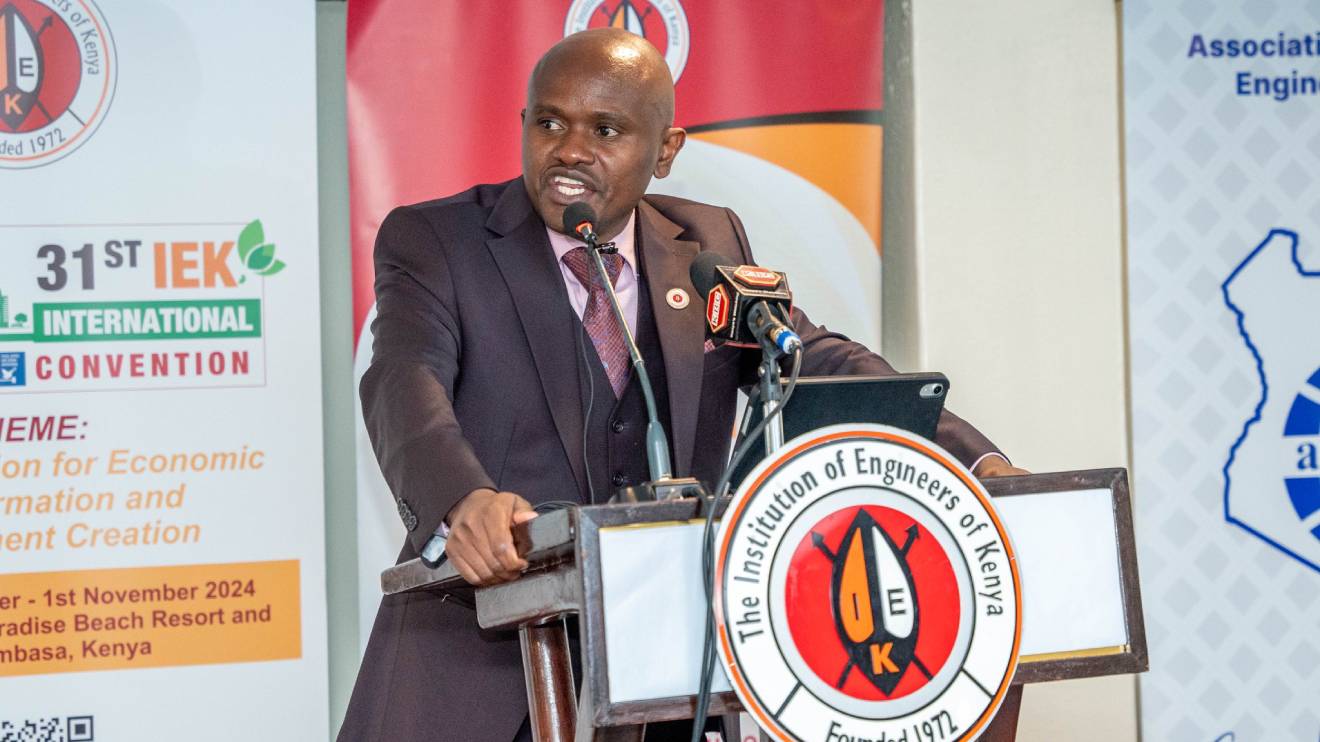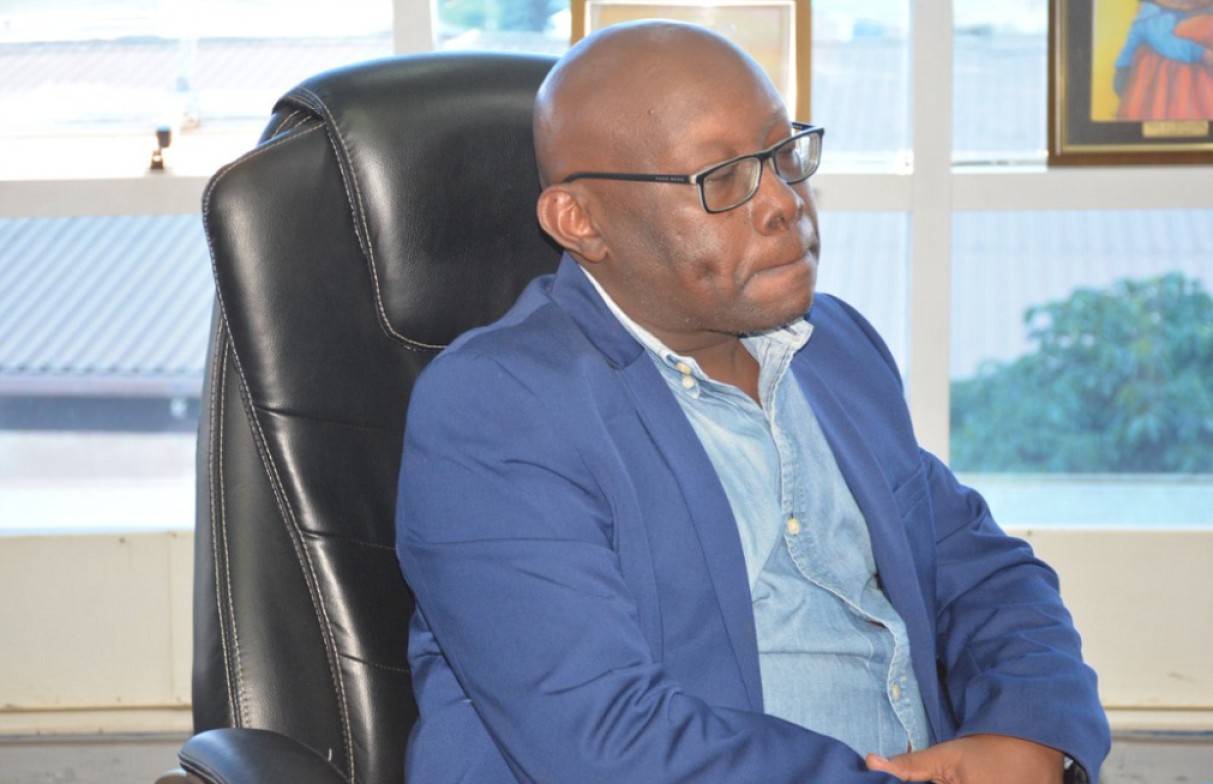The Institution of Engineers of Kenya (IEK) has issued a statement addressing the Cabinet's recent announcement regarding the reform of state corporations, emphasising the need for a fair and transparent process that prioritises the welfare of engineers.
IEK also expressed both support for the initiative's goals and concerns regarding its implementation.
The Cabinet, in a release from State Lodge, Kakamega, on January 21, 2025, outlined plans to merge, dissolve, divest, and restructure numerous parastatals, a move aimed at streamlining government operations and enhancing service delivery.
While the IEK acknowledges the "good intentions" behind these reforms, it stresses the critical need for inclusivity and transparency in the process.
A key concern for the IEK is the impact on engineers employed within the affected corporations. The institution insists that engineers' roles, responsibilities, salaries, and benefits be "maintained, or ideally matched," during any transitions to ministries or other agencies.
Read More
"We call for a fair and transparent process that prioritises the welfare of engineers in these transitions," the IEK stated.
The proposed divestiture or dissolution of 16 corporations raises particular alarm. The IEK emphasises the need for a scrupulously fair and transparent process, especially concerning the valuation and disposal of assets.
The Numerical Machining Complex (NMC), deemed "a very vital resource in terms of industrialization ambitions of this country," is singled out for special consideration.
The IEK believes the NMC, possessing some unique capabilities not available anywhere in East and Central Africa should remain under Kenyan ownership.
The IEK also underscores the importance of adhering to existing legislation.
"It is important that the process will be carried out in a manner that respects state corporations Act, Companies Act and the particular acts of parliament that establish them," the institution stated.
They advocate for swift legislative action to amend relevant statutes, preventing undue delays and minimising employee anxiety.
To manage this complex undertaking, the IEK proposes the establishment of a task force, with representation from professional bodies, to oversee an orderly exercise to which it is keen to nominate representatives.
Furthermore, the reforms impact the engineering regulations in Kenya. With the declassification of professional organisations and the cessation of government budgetary allocations, the IEK anticipates a transition to self-regulation.
The IEK envisions an elected representative council to manage the profession's standards, training, licensure, and continuing professional development, drawing comparisons with the legal and accounting professions.
"The reasonable alternative available given the cabinet proposal is self-regulation of Engineering in Kenya. Engineers are capable of this and IEK will take lead in providing a way forward on how the Engineering profession in Kenya will transition to self-regulation," the IEK stated.
The IEK, under the leadership of President Eng. Shammah Kiteme, pledges to work with stakeholders to ensure the reforms serve the long-term interests of engineers, safeguarding job security, professionalism, and the integrity of the engineering profession.




-1752782540.jpg)
 (1)-1752708849.jpg)

-1752670543.jpg)


